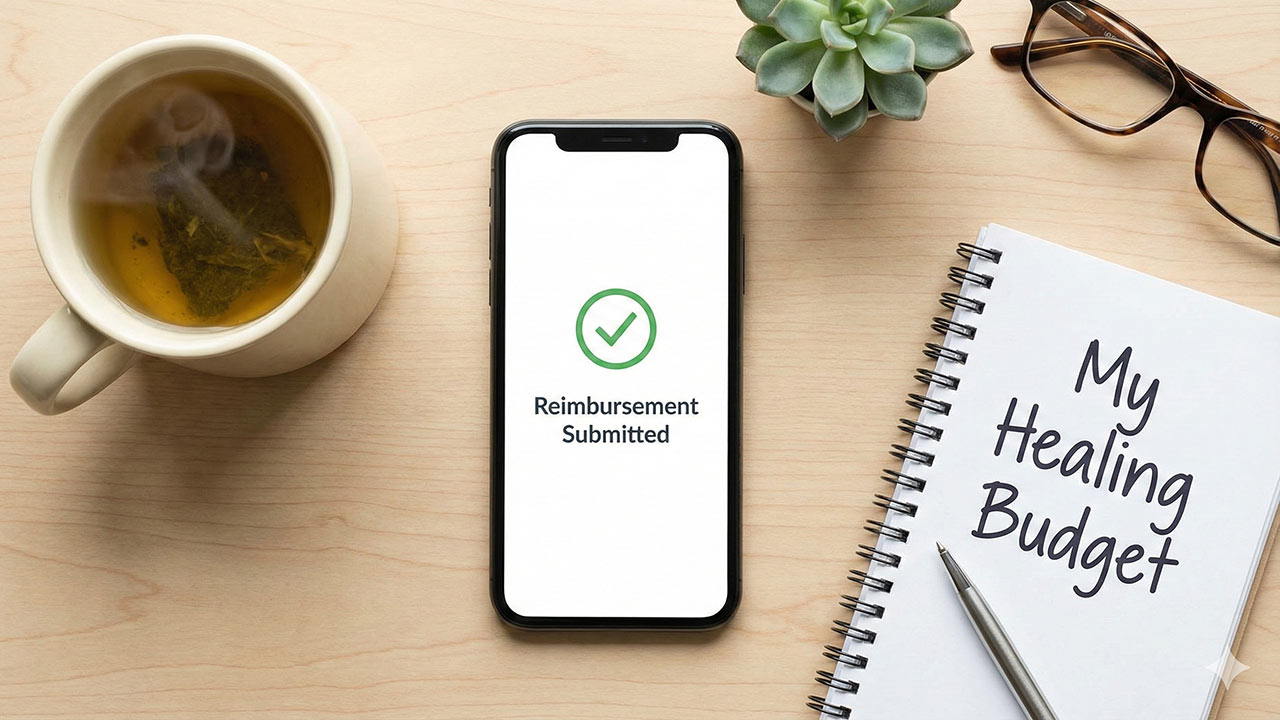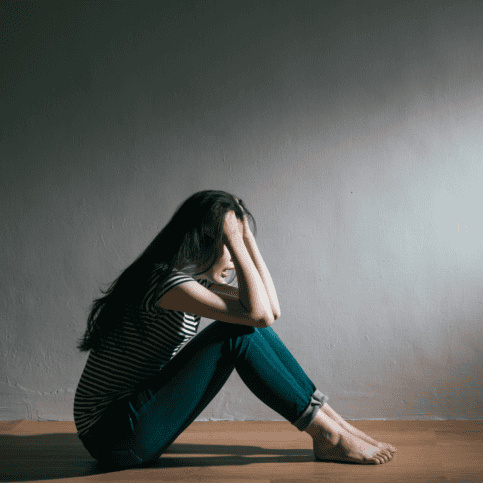The relentless pace of modern life makes anxiety a common experience. Deadlines, relationships, financial pressures, and the constant barrage of information can leave us feeling overwhelmed and on edge. While a little anxiety can be motivating, persistent and excessive worry can significantly impact our quality of life. If you’re struggling with anxiety that’s interfering with your daily life, know that you’re not alone, and more importantly, help is available. This article explores the world of anxiety therapy, offering insights into different approaches, their benefits, and how they can help you find your calm amidst the storm.
This isn’t just another article about anxiety; we’ll dive deep into the various therapeutic techniques used to treat anxiety disorders, from the well-known Cognitive Behavioral Therapy (CBT) to newer, innovative approaches. We’ll address common misconceptions, answer frequently asked questions, and provide practical examples of how therapy can empower you to manage your anxiety and live a more fulfilling life.
Understanding Anxiety: More Than Just Worry
Anxiety is a natural human response to stress. It’s the feeling of unease, worry, or fear that can arise in anticipation of a challenging event. However, when anxiety becomes persistent, excessive, and interferes with daily life, it may indicate an anxiety disorder. These disorders can manifest in various ways, including:
- Generalized Anxiety Disorder (GAD): Persistent and excessive worry about various things.
- Panic Disorder: Recurrent panic attacks, characterized by sudden feelings of intense fear or terror.
- Social Anxiety Disorder (SAD): Intense fear of social situations and scrutiny from others.
- Specific Phobias: Intense fear of specific objects or situations (e.g., spiders, heights).
Anxiety disorders can significantly impact relationships, work, and overall well-being. They can lead to avoidance behaviors, social isolation, and decreased quality of life.
The Power of Therapy: Finding Your Path to Calm
Anxiety therapy provides a safe and supportive space to explore the root causes of your anxiety, develop coping mechanisms, and learn strategies to manage your symptoms. Therapists use various techniques to help individuals understand their anxiety and develop healthier responses.
Types of Anxiety Therapy:
Several evidence-based therapies are effective in treating anxiety disorders:
- Cognitive Behavioral Therapy (CBT): CBT focuses on identifying and changing negative thought patterns and behaviors that contribute to anxiety. It helps individuals challenge their anxious thoughts and develop more realistic and balanced perspectives. For example, someone with social anxiety might learn to challenge the thought “everyone is judging me” and replace it with “most people are focused on themselves.”
- Exposure Therapy: This therapy involves gradually exposing individuals to feared objects or situations in a safe and controlled environment. This helps them overcome their fears and reduce avoidance behaviors. Someone with a fear of flying, for instance, might start by looking at pictures of airplanes, then progress to visiting an airport, and eventually taking a short flight.
- Dialectical Behavior Therapy (DBT): DBT focuses on teaching mindfulness skills, emotional regulation, and distress tolerance. It can be particularly helpful for individuals who experience intense emotions and have difficulty managing them.
- Acceptance and Commitment Therapy (ACT): ACT encourages individuals to accept their anxious thoughts and feelings without judgment and to focus on living a life that aligns with their values.
- Interpersonal Therapy (IPT): IPT focuses on improving interpersonal relationships and addressing relationship issues that may be contributing to anxiety.
The Value Proposition: Why Choose Anxiety Therapy?
Anxiety therapy offers numerous benefits, including:
- Reduced anxiety symptoms: Decrease the frequency and intensity of anxious thoughts, feelings, and physical symptoms.
- Improved coping skills: Develop strategies to manage anxiety in healthy ways, such as relaxation techniques, mindfulness exercises, and cognitive restructuring.
- Increased self-awareness: Gain a deeper understanding of the triggers and patterns of your anxiety.
- Enhanced quality of life: Reduce avoidance behaviors and engage more fully in activities you enjoy.
- Improved relationships: Develop healthier communication patterns and build stronger connections with others.
- Increased self-esteem and confidence: Overcome fears and develop a greater sense of self-efficacy.
Real-World Examples:
- Social Anxiety: Someone with social anxiety might avoid parties or public speaking. Through therapy, they can learn to challenge their fear of judgment, practice social skills, and gradually expose themselves to social situations.
- Panic Attacks: Someone experiencing panic attacks might fear going out in public. Therapy can help them understand the physical symptoms of panic, develop coping strategies, and gradually confront their fear of having another attack.
Addressing Common Concerns:
- Is therapy expensive? While therapy can be an investment, many affordable options are available, including sliding scale fees and community mental health centers. Consider it an investment in your long-term well-being.
- Will I have to take medication? Medication is sometimes used in conjunction with therapy, but it’s not always necessary. The decision about medication should be made in consultation with a psychiatrist or medical doctor.
- Is therapy confidential? Yes, therapy is confidential. Therapists are bound by ethical and legal guidelines to protect client privacy.
A Lasting Impression:
Living with anxiety can feel like a constant battle, but it doesn’t have to be. Anxiety therapy offers a path to healing, empowerment, and a more fulfilling life. By seeking professional help, you can learn to manage your anxiety, reclaim your peace of mind, and find your calm amidst the storm. You deserve to live a life free from the grip of anxiety. Take the first step towards finding your calm today.














